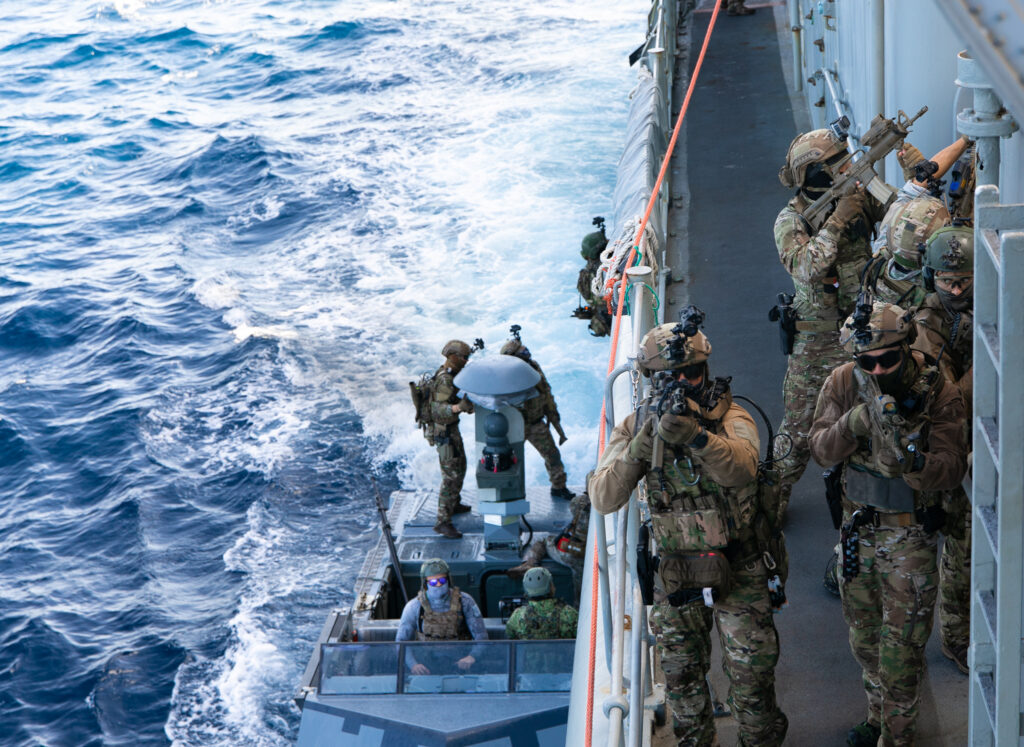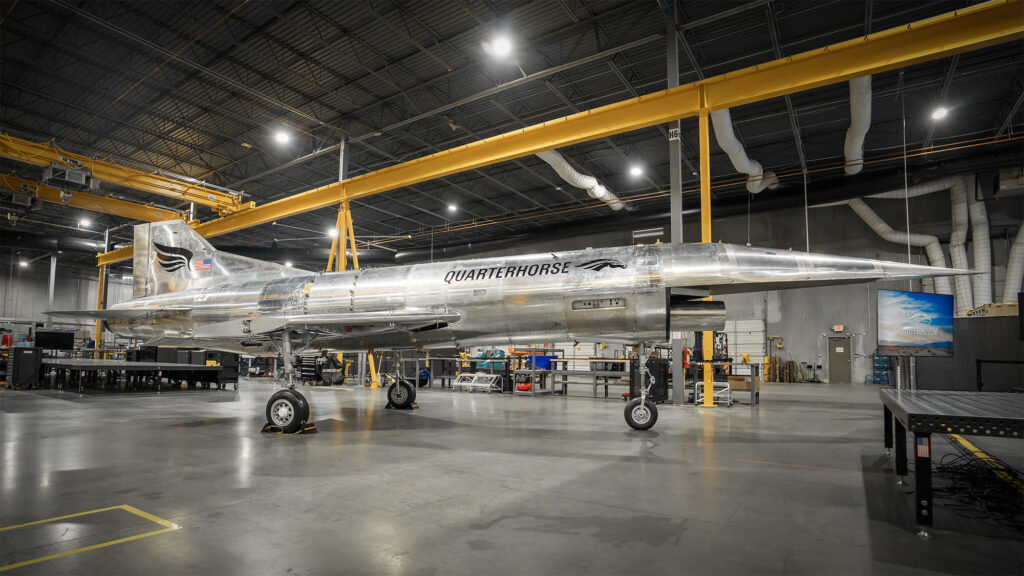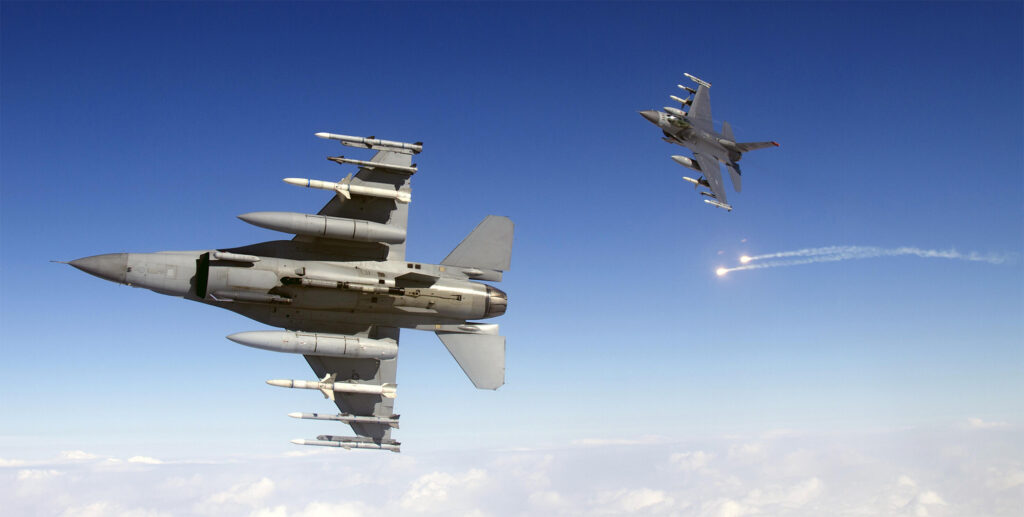In January, American commandos and Greek Navy SEALs trained together in a variety of complex special operations mission sets.
A US Special Warfare Combatant-Craft Crewmen (SWCC) element and Greek SEALs from Greece and Cyprus honed their Over-the-Beach, Maritime Direct Action and Interdiction, and Visit Board Search and Seizure (VBSS) skills.
This training event was just the latest drill in a series of exercises between US and Greek forces lately.

“The collective efforts enabling global operations increase interoperability in a maritime environment, alongside our NATO allies and partners, helping increase security and stability in the region,” said U.S. Air Force Major General David Tabor in a press release. “We appreciate having this opportunity to build upon already strong relationships while also improving cooperation between Special Operations Command Africa and Special Operations Command Europe.”
SWCC operators specialize in the infiltration and exfiltration of special operations units, usually SEALs, maritime direct action, maritime special reconnaissance, and VBSS. They operate a number of special crafts and can operate in all maritime environments, including ocean, coast, and rivers.
VBSS operations—the boarding of suspect or enemy ships—is considered one of the toughest maritime special operations mission sets.

The SWCC operators participated in the exercise with a couple of Combatant Craft Assaults (CCA boats) and they are assigned to US Special Operations Command Africa.
The Greek Navy provided a frigate (HS Kanaris) in which the VBSS portion of the training event took place.
“The inclusion of Cypriot forces created an opportunity to expand capabilities and relationships with partner nations in the neighboring area. We are all strong nations individually, but we can grow stronger by working collectively, in the context of joint military training activities,” said Nikolaos Panagiotopoulos, the Greek Minister of National Defense. “It’s imperative to understand that we can always learn and grow stronger by cross-training together with our partners and allies.”

Historically, the US and Greek Naval Special Warfare communities share close ties.
The Greek Underwater Demolition Teams (ΔΥΚ) were created in the image of the US Navy SEALs. In the early 1950s, the Greek Navy sent a few officers to the US to go through the Basic Underwater Demolition/SEAL (BUD/S) training. Once they returned to Greece, they set up the Greek UDTs and established a similar training pipeline to that of BUD/S’. However, the main difference between the two selections is who gets to attend.
In the US, BUD/S is almost exclusively reserved for sailors (in the past the Coast Guard could send a few coastguardsmen a year to BUD/S).
In the Greek version of BUD/S, troops from across the services can go, and it is very common to have officers and noncommissioned officers in Army special operations units that have graduated from the Greek BUD/S. As an example, the current Greek Chairman of the Joint Chiefs of Staff, General Constantine Floros, is an Army special operations officer who has gone through the Greek version of BUD/S (he has also gone through the US Special Forces Qualification Course and graduated as the foreign honor student).
To this day, individual Greek SEALs still go through BUD/S and the SEAL Qualification Course (SQT) from time to time.


